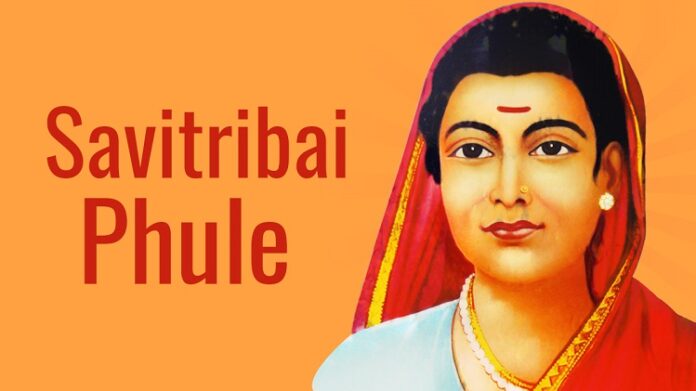| Subscribe to our YouTubeChannel |
|
|---|
Savitribai Phule was a prominent social reformer who fought to improve the status of women in Indian society. She is widely regarded as a female educator who has campaigned to raise awareness of women’s need for education. Phule, a feminist icon, fought in the process against patriarchy and casteism and faced countless hardships. The anniversary of her birth, i.e. January 3 is celebrated in Maharashtra as Balika Din.
We bring you 10 facts about the pioneer in the field of women’s education in India on her 190th birthday:
1. Phule was married at the age of nine and was born on January 3, 1831, in the village of Naigaon in the district of Satara, about 50 kilometres from Pune. At the time, she was illiterate.
2. She fought social evils such as the practise of Sati and child marriage and played a vital role in the country’s improvement of women’s rights.
3. Together with her husband, Jyotirao Phule, she began India’s first girls’ school in 1848 at Bhide wada, Pune. The western curriculum of mathematics, science, and social studies was taught to the girls who studied there.
4. In order to encourage children to attend school, Phule used stipends to offer them. A total of 18 schools were established by the couple.
5. In defiance of the caste system, Phule opened up a well in her home for the untouchables.
6.She also started a “Balhatya Pratibandhak Griha” care centre for pregnant rape victims, where she helped them deliver their babies.
7. In order to raise awareness of the rights of women in society, Phule established a Mahila Seva Mandal, a meeting place for women to discuss important issues relating to their rights.
8. Savitribai was a prolific author and poet as well. Kavya Phule, which was published in 1854, and Bavan Kashi Subodh Ratnakar in 1892, are some of her significant works.
9. When the bubonic plague struck in 1897, Phule and her adopted son, Yashwant, started a clinic to help the individuals affected.
10. After carrying an infected person on her back to the hospital, Savitribai died of the plague. On March 10, 1897, she passed away.


















